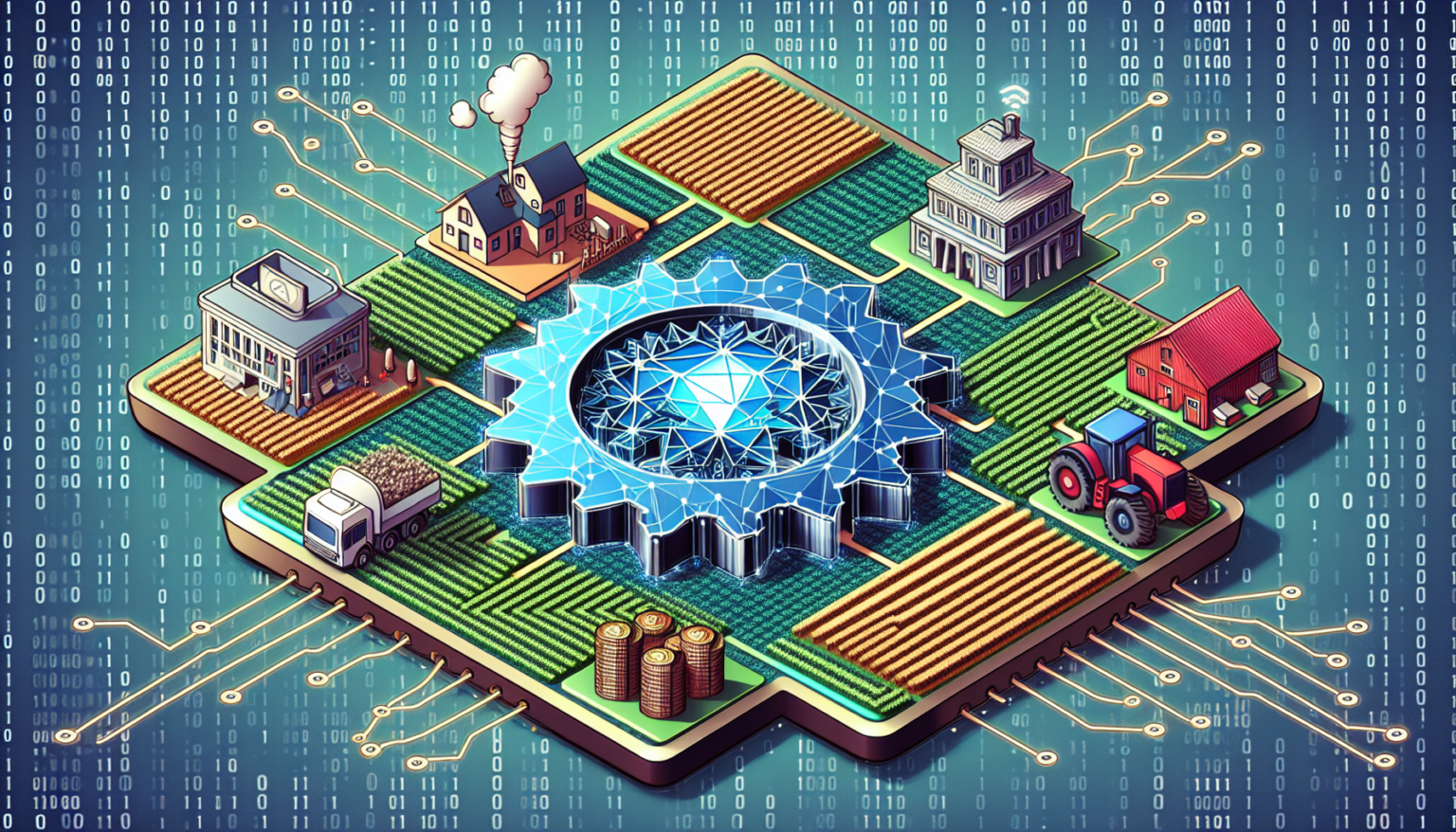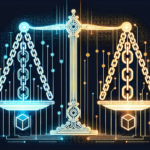Understanding Real-World Assets (RWA) Tokenization
Defining Real-World Assets
Real-world assets (RWAs) encompass tangible and intangible items in the physical world that can be owned or traded. This includes everything from real estate, art, and commodities to financial instruments like stocks and bonds. Tokenization refers to the process of converting these assets into digital tokens on a blockchain, making them more accessible, divisible, and easier to trade.
The Role of Smart Contracts in RWA Tokenization
Smart contracts are self-executing contracts with the terms of the agreement directly written into code. They run on decentralized blockchains, such as Ethereum, which means that smart contracts are immutable and transparently executed. When it comes to RWA tokenization, smart contracts play an integral role in ensuring the process is secure, efficient, and reliable.
Automating Processes and Reducing Costs
Streamlining Transactions
One of the most significant advantages of smart contracts is their ability to automate transactions. Traditional systems often require intermediaries to facilitate exchanges, which can lead to delays and additional costs. With smart contracts, the process becomes significantly streamlined. The terms of the tokenization can be encoded within the smart contract, enabling automatic execution once certain conditions are met.
Example of Automated Transactions
Imagine a real estate transaction where a buyer and seller agree to a sale price. Instead of going through several intermediaries, a smart contract can be deployed to hold the funds in escrow. Once the buyer transfers the funds, the smart contract automatically verifies the transaction and transfers ownership of the tokenized asset to the buyer, all without requiring a third-party intermediary.
Cost Reduction
By automating processes and eliminating the need for intermediaries, smart contracts significantly reduce transaction costs in RWA tokenization. This cost-effectiveness opens the door for smaller investors and more diverse participation in markets that were previously inaccessible due to high fees.
Enhancing Security and Transparency
Immutability of Blockchain
Smart contracts operate on blockchain technology, which provides an immutable record of all transactions. Once deployed, smart contracts cannot be altered, ensuring that the conditions and terms of the agreement remain unchanged. This characteristic helps enhance trust among parties involved, as any modifications would require consensus across the network.
Trust Through Transparency
The transparent nature of blockchain allows all parties to audit the history of a tokenized asset. Each transaction leaves a digital trace, enabling stakeholders to verify ownership and transaction history easily. This transparency builds trust and encourages greater participation in the market, as investors can have confidence in the legitimacy of the tokens they are trading.
Reducing Fraud Risk
Fraud is a significant concern in traditional asset markets, particularly with physical assets like real estate or valuable collectibles. Smart contracts can significantly reduce fraud risk by providing a clear and immutable record of ownership. By tokenizing assets, both buyers and sellers can have confidence that they are dealing with legitimate ownership, which can help to deter fraudulent activities.
Facilitating Fractional Ownership
The Concept of Fractional Ownership
One of the remarkable benefits of tokenization is the ability to break down large assets into smaller, more affordable units. Smart contracts make this possible, allowing fractional ownership of assets. This democratizes access to investments in high-value assets like real estate or expensive artwork.
Bringing Diversity to Investment
Fractional ownership can attract a broader range of investors, from individuals who may only wish to invest a small amount to institutional investors looking to diversify portfolios. By allowing multiple investors to own a fraction of a valuable asset, smart contracts pave the way for a more inclusive investment landscape.
Managing Shareholder Rights Automatically
With fractional ownership comes the need to manage shareholder rights effectively. Smart contracts can automate the process of distributing profits, dividends, or other benefits to token holders based on the terms encoded in the contract. This automatic management simplifies the distribution process and eliminates potential disputes among investors.
Enabling Compliance and Regulation
Smart Contracts for Compliance
Compliance with regulations is crucial in institutional and traditional finance. The dynamic landscape of cryptocurrency and tokenized assets has influenced how these regulations are enforced. Smart contracts can be designed with compliance in mind, embedding necessary regulatory checks into their execution.
Automatic KYC and AML Processes
For example, a smart contract can include Know Your Customer (KYC) and Anti-Money Laundering (AML) checks. When a user attempts to buy or sell tokenized assets, the smart contract can automatically verify their identity and ensure compliance with relevant regulations. If the identity check fails, the contract can halt the transaction, helping to maintain a secure trading environment.
Real-Time Reporting for Regulatory Bodies
With the integration of smart contracts, data related to transactions can be reported in real-time to regulatory authorities. This capability allows for a more transparent interaction between tokenized asset platforms and regulators, fostering an environment of compliance and reducing the likelihood of legal complications.
Fostering Innovation in Asset Management
Enhancing Liquidity
One of the challenges faced by traditional assets is their inherent illiquidity. Smart contracts, by facilitating tokenization and fractional ownership, can help enhance liquidity. Tokenized assets can be bought and sold more readily on digital marketplaces, allowing for quicker access to cash when needed.
Creating Secondary Markets
The emergence of smart contracts enables the development of secondary markets for tokenized assets. Investors can trade their tokens on various platforms, enhancing the overall liquidity of the asset class. This liquidity can also help to stabilize asset prices and encourage more investments.
Innovative Financial Products
As tokenization becomes more mainstream, smart contracts will lay the groundwork for innovative financial products. For instance, real estate tokenization could lead to the creation of new investment vehicles that combine various assets, allowing investors to diversify their portfolios in unique ways.
Examples of Innovative Products
Imagine a fund that uses smart contracts to create a basket of tokenized real estate assets. Investors could buy shares in the fund, which are managed and adjusted automatically based on performance. This innovative approach could revolutionize how asset management is approached in the tokenized world.
Conclusion
The role of smart contracts in the tokenization of real-world assets cannot be understated. By streamlining processes, enhancing security, enabling fractional ownership, ensuring compliance, and fostering innovation, they fundamentally change how we view and trade assets in the digital landscape. The future of finance looks promising with the integration of these technologies, opening up new opportunities for investors and asset managers alike.









